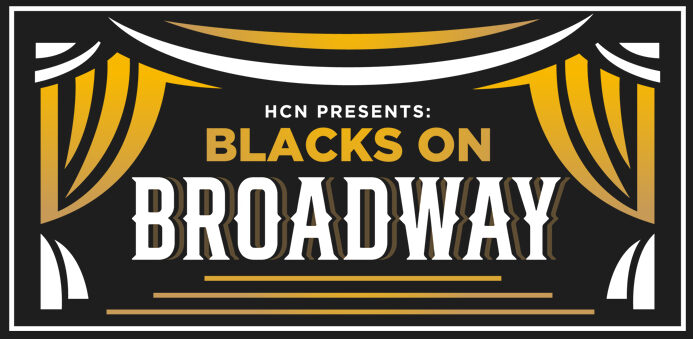After Claudine Gay’s Resignation, Who And What Will Colleges Defend?
Categories: Articles,
By José Luis Vilson
Claudine Gay was the first Black president in Harvard University’s history and, as such, stewarded the work of the world’s most prestigious university over a six-month tenure. A few months later, the day after Haitian Independence Day, Gay resigned.
As a Dominican-Haitian American, I saw what she did there. People who empathized with Gay understood that her mental health and personal well-being mattered way more than this esteemed position. Yet, Black women and other women of color saw how the nonsense solidified the glass ceiling on their prospects again. Legions of conservatives and their devotees celebrated the move, but as I scanned through those who celebrated, I didn’t see anyone who would directly benefit from her stepping down.
Well, besides a few cheerleaders whose plan had come to successful fruition. Then it hit me: too many people look for any reason to tell Black people — and so many “others” — that they’re inferior as opposed to figuring out why they don’t love themselves enough.
For instance, people have charged Gay with plagiarism, but her doctoral advisor shot the accusation down, as have most scholars who followed 1990s editions of APA citation styling. With the advent of ChatGPT and the plethora of college essay writers and black-market test-prep companies, charging plagiarism at a moment’s notice only makes college entry harder for everyone. .
If admissions become even more opaque for prospective students, that serves no one. But dissenters don’t care that their own people do it; they just know that Claudine Gay can be charged with it, and enough people believe it. Billionaires worry not about the hypocrisy games, just about whether they can restrict the referees. Mainstream media shares the blame here, too.
They’ll say Black people have the lowest GPAs when matriculating in colleges and universities, but rarely account for how prospective Black and Latinx students generally have higher GPAs than the average GPA just to get in. They proclaim that DEI and other identity-based initiatives have deteriorated academic expectations, but students of various backgrounds provide evidence that we’re not even close to achieving equality– much less equity– on campuses large and small. They shout about how inclusivity programs, including affirmative action, have subverted notions of merit, but merit has always been a subjective measure, and affirmative action programs were an effective corrective measure.
They’ll say professors fear “cancel culture,” but the only “canceling” we’re seeing is the work of people that a select few have deemed as “the other.” Because the same folks who took advantage of diversifying neighborhoods have retrofitted this narrative to college campuses they deem too inclusive.
After Gay’s resignation, Gay still sought to uphold Harvard’s values. Time and again in American history, the people least likely to get the largesse of what America has to offer continue to hold this country accountable to its purported values. Ivy League schools shouldn’t have so much power over how we discuss college, but they do.
I also know exclusivity and prestige are part of the game, but hear me out. Rather than placate white supremacists who wish to narrow curricula, college and university presidents should look for more ways to advance a truly shared humanity where we can better redefine and characterize education.
Placating fascists only makes that movement grow.
Oh, and higher education institutions should prepare to defend themselves and each other. Because dictatorships usually come for the intellects of their most marginalized, then everyone else. We’re seeing it now.
José Luis Vilson is a veteran educator, writer, speaker, and activist in New York City. He is the author of “This Is Not A Test: A New Narrative on Race, Class, and Education.” He’s a National Board Certified teacher, a Math for America master teacher, and the executive director of EduColor, an organization dedicated to race and social justice issues in education.






